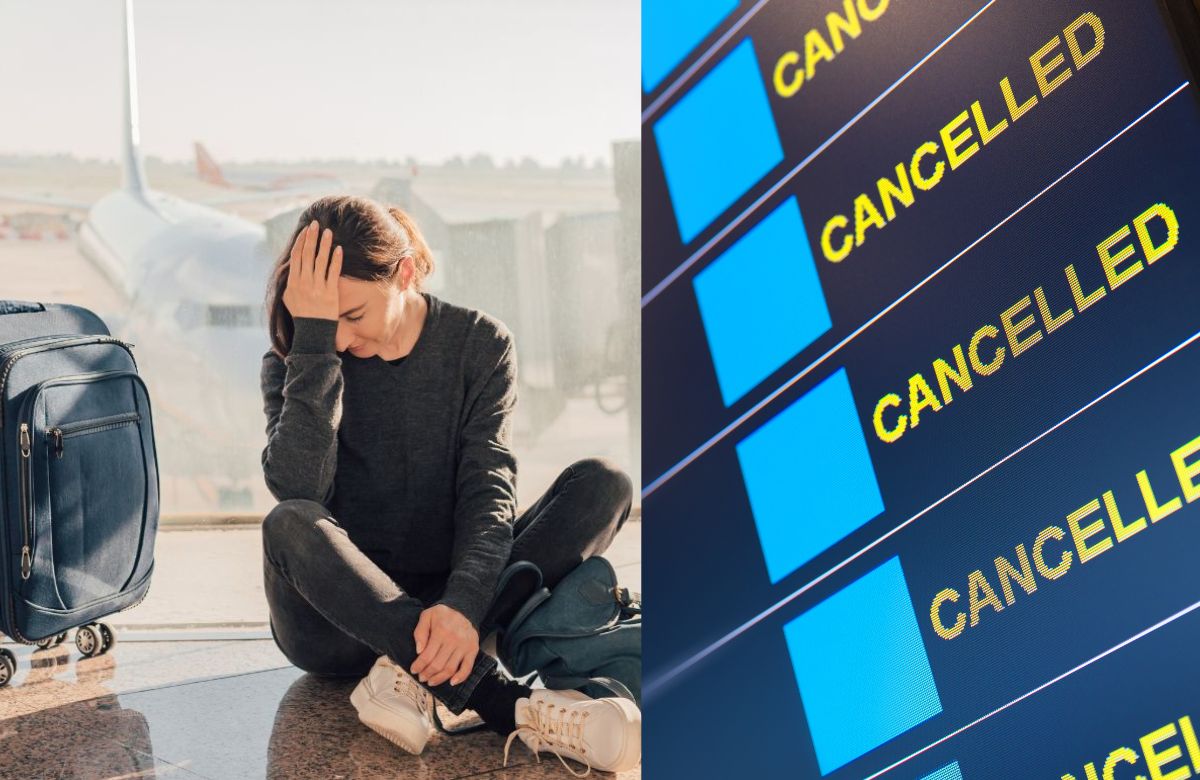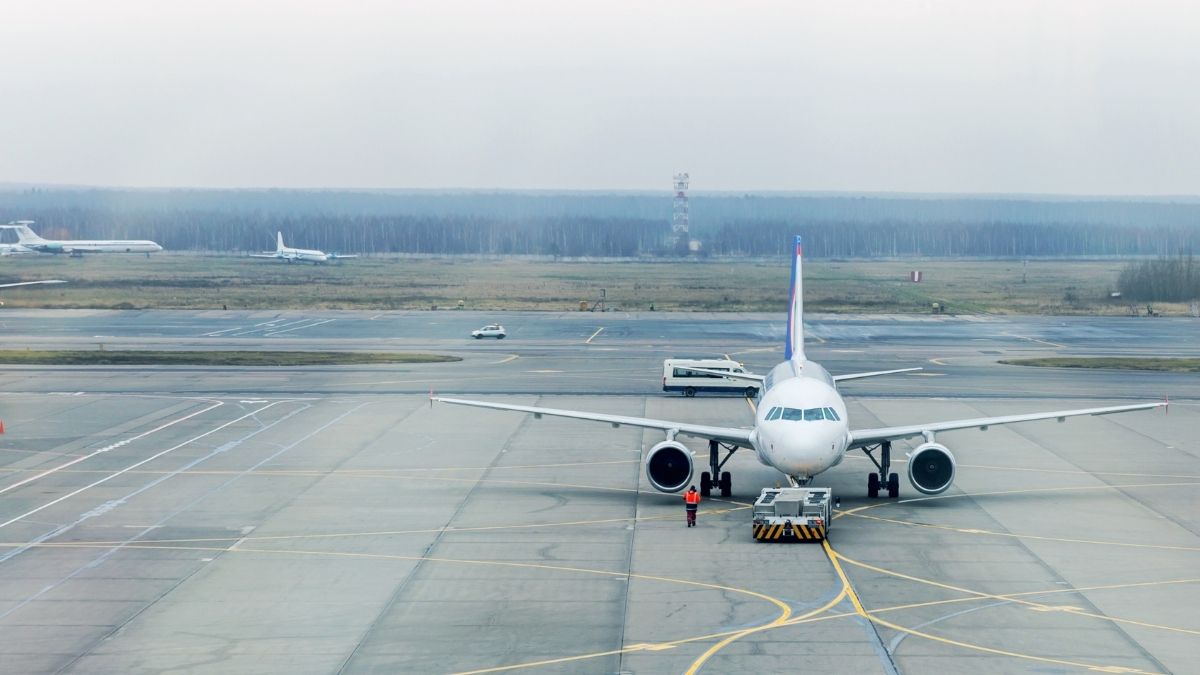Air travel has become an integral part of modern life, offering convenience and speed in reaching destinations. However, despite the advancements in aviation technology and meticulous planning, flight delays and cancellations can still occur due to various reasons. The reasons could be technical issues, weather conditions, or operational problems. Understanding passenger rights in such situations is essential to ensure fair treatment and compensation. If there is an issue with your scheduled flight, you can request compensation, a refund, or alternate flights.
Here Are A Few Passenger Rights That You Need To Be Aware Of:
1. Flight Delays
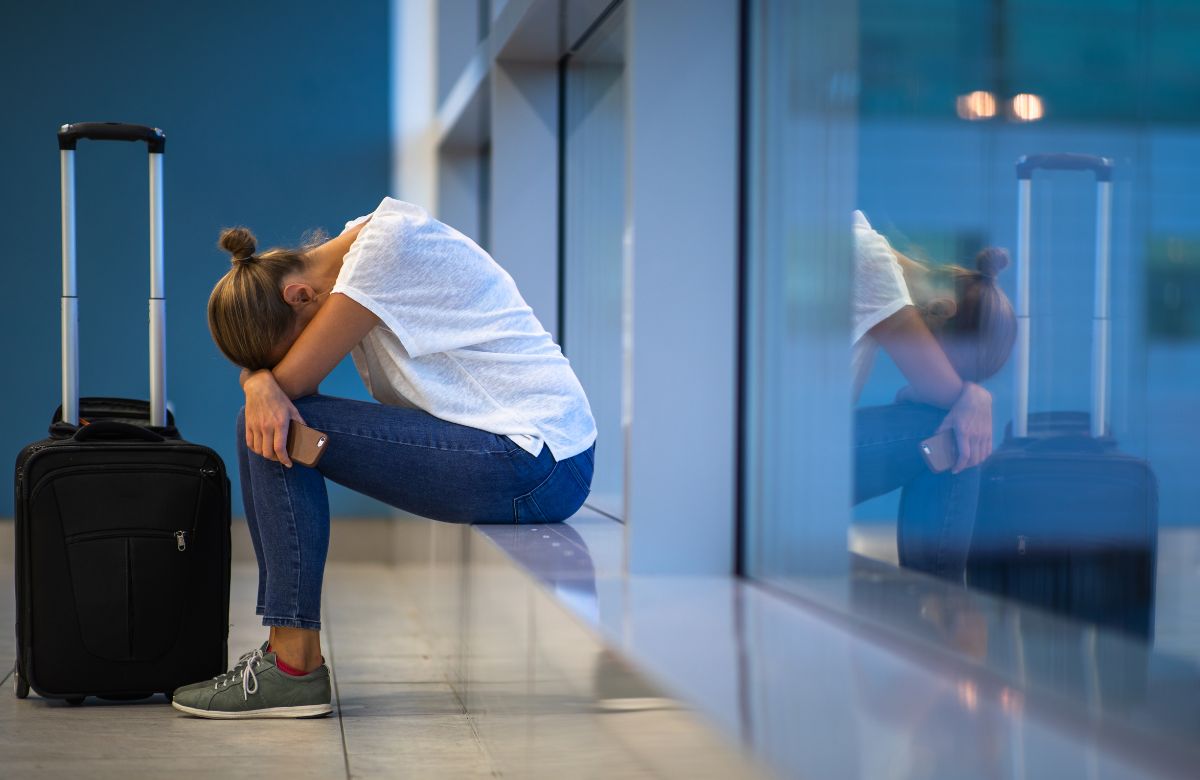
If the delay exceeds a certain time frame (usually two hours for domestic flights and four hours for international flights), airlines are required to provide free meals and refreshments to passengers. If the flight’s block time is between 2.5 and 5 hours and the delay is more than 3 hours, a passenger would be qualified for refreshments.
However, when a flight is six hours behind schedule, the airline is required to provide passengers with at least 24 hours’ notice of the rescheduled departure time. In addition, the airline is required to offer 6 hours’ notice for an alternate flight choice or a full refund.
Moreover, the traveller is entitled to free hotel accommodations if the delay lasts more than 24 hours, or more than 6 hours for flights booked between 8 p.m. and 3 a.m.
2. Flight Cancellation
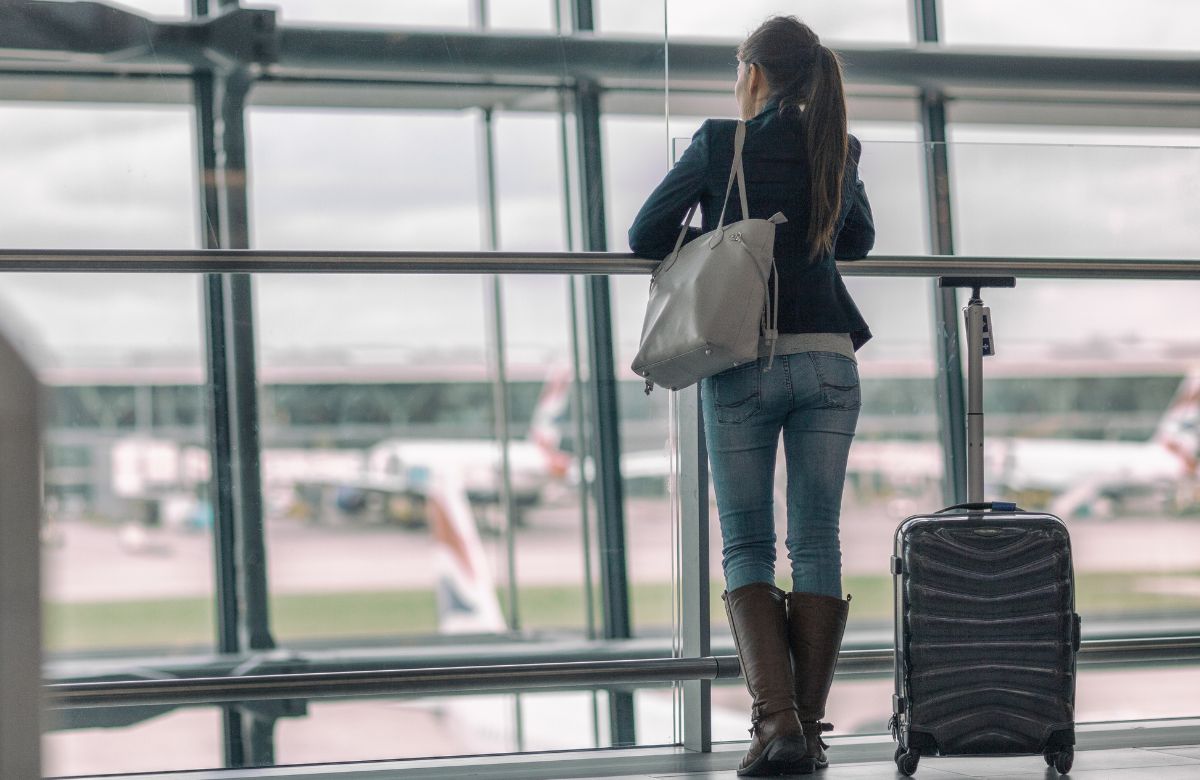
The airline is required to offer an alternate journey or refund the ticket if passengers are advised of the cancellation of the flight less than two weeks or up to 24 hours prior to the scheduled time. Airlines must offer passengers the option to choose between a full refund of the ticket cost or an alternative flight to the same destination. It could be either on their airline or another carrier.
In case the customer is not informed about the cancellation within the allotted time, there are other ways too. The airline will either arrange another flight, offer compensation or a one-way basic cost plus airline fuel charge, whichever is less. This only applies to flights with a block time of one hour or less.
The reimbursement rises in proportion to the flight’s block time. The exact same rule is used when a passenger misses the connecting flight scheduled on the same ticket number.
Also Read: EasyJet Edinburgh-Bound Flight Makes Emergency Landing In Liverpool As Passenger Faces Health Issues
3. Denied Boarding
Denied boarding happens when a passenger is not allowed to board despite holding a valid ticket. This may happen due to overbooking or operational reasons. In such cases, passengers can have compensation as per DGCA guidelines. The compensation amount depends on the duration of the delay in providing an alternative flight.
4. Seeking Redressal
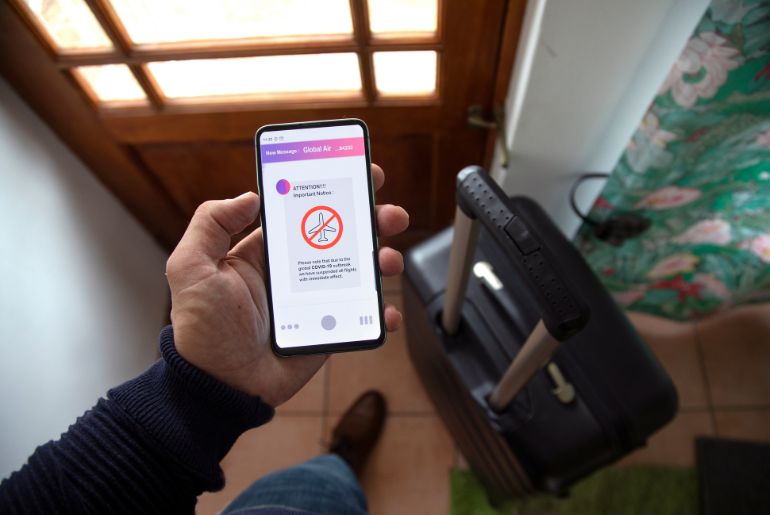
If passengers feel their rights have been violated, they can file complaints with the airline’s customer service or the DGCA. Airlines are required to address these complaints promptly and transparently. If dissatisfied with the response, passengers can escalate the matter.
5. Filing Your Claims
By bringing up the issue with the nodal person of the involved airline, you can make a claim for compensation. But within a month of the occurrence, travellers denied boarding must request refunds. To avoid any delays in the claims process, consumers must upload all essential documents when completing their claims. Also remember that, only if you provided sufficient contact information at the time of booking will you receive financial compensation.
Understanding passenger rights is crucial for air travellers. DGCA’s regulations provide a framework to protect passenger interests that we must know.
Were you aware of these passenger rights?
Cover image credits: Canva
First Published: July 31, 2023 4:39 PM
